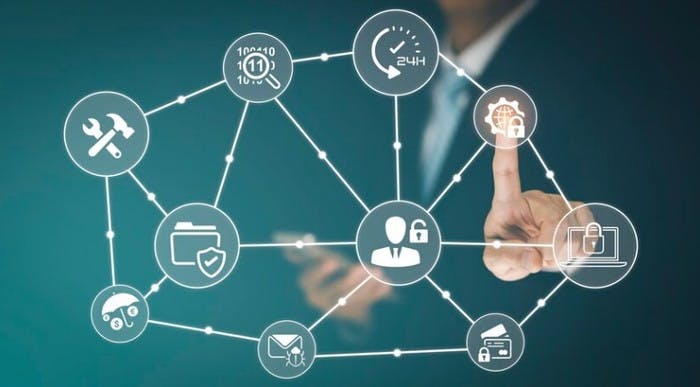Navigating HR Software Updates: Balancing Innovation with Data Privacy and Security
In the dynamic realm of Human Resources (HR), technology plays a pivotal role, reshaping traditional practices and bolstering efficiency. HR software, marked by continual updates and innovations, is indispensable for modern organizations, fostering streamlined processes and connectivity within the workforce. However, amid these technological strides, addressing data privacy and security in HR tech is crucial to safeguard the well-being of both employees and organizations.
Modern HR software goes beyond basic record-keeping, integrating comprehensive talent management functions such as recruitment, onboarding, performance management, and learning and development. These solutions empower HR professionals with data-driven insights, fostering a culture of continuous improvement. Artificial Intelligence (AI) and Machine Learning (ML) revolutionize HR processes, providing predictive analytics for talent acquisition, employee engagement, and issue identification. Automated workflows alleviate administrative burdens, enabling HR teams to focus on strategic initiatives.
Employee self-service portals are pivotal, granting employees autonomy over managing profiles, accessing pay information, submitting time-off requests, and participating in training programs. The rise in remote work has heightened demand for HR software supporting virtual onboarding, performance tracking, and employee well-being.
However, as technological advancements reshape HR practices, data privacy and security are paramount. Compliance with data protection regulations, such as GDPR or CCPA, is crucial as data breaches become more prevalent. Responsible handling of employee data is not only a legal obligation but also vital for maintaining trust within the workforce.
The shift of HR functions to the cloud for scalability necessitates secure solutions with robust encryption and authentication protocols. Regular security audits and updates are essential to stay ahead of potential threats. Implementing role-based access control within HR systems minimizes the risk of unauthorized data exposure and protects employee privacy.
To fortify defenses against potential threats, organizations must prioritize employee education on data privacy and security best practices. This includes creating strong passwords and recognizing phishing attempts. As HR software evolves, organizations must strike a balance, leveraging innovation while upholding the responsibility to safeguard employee data. By staying informed and implementing robust data privacy and security measures, HR professionals can cultivate a workplace that thrives on technological advancements while prioritizing the well-being and trust of their workforce. In navigating this equilibrium, organizations can truly harness the transformative power of HR technology for a more resilient and connected future.

